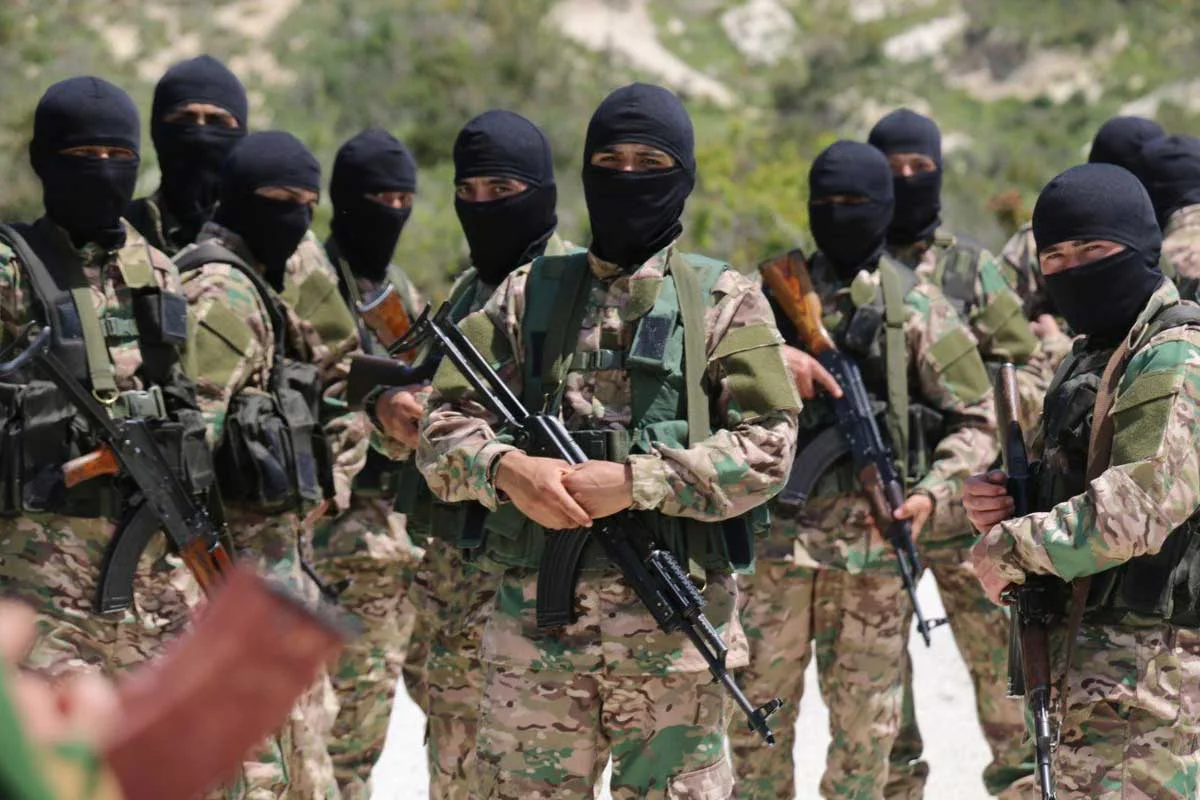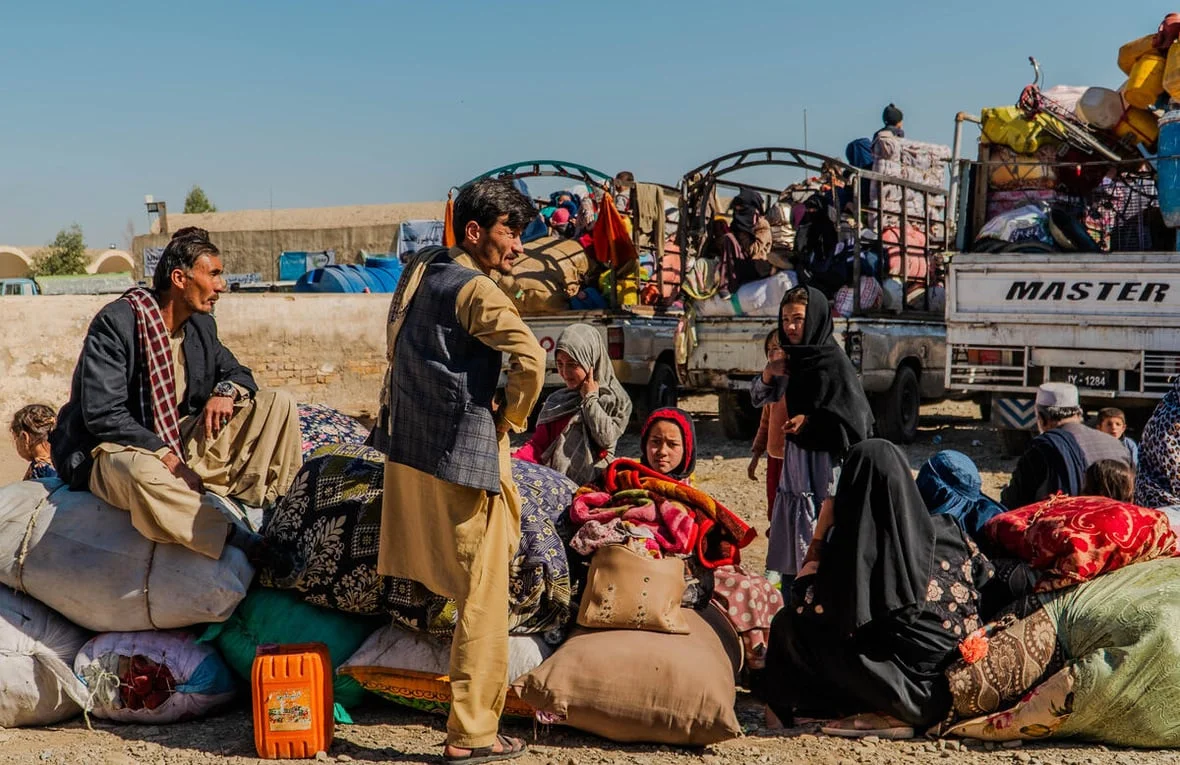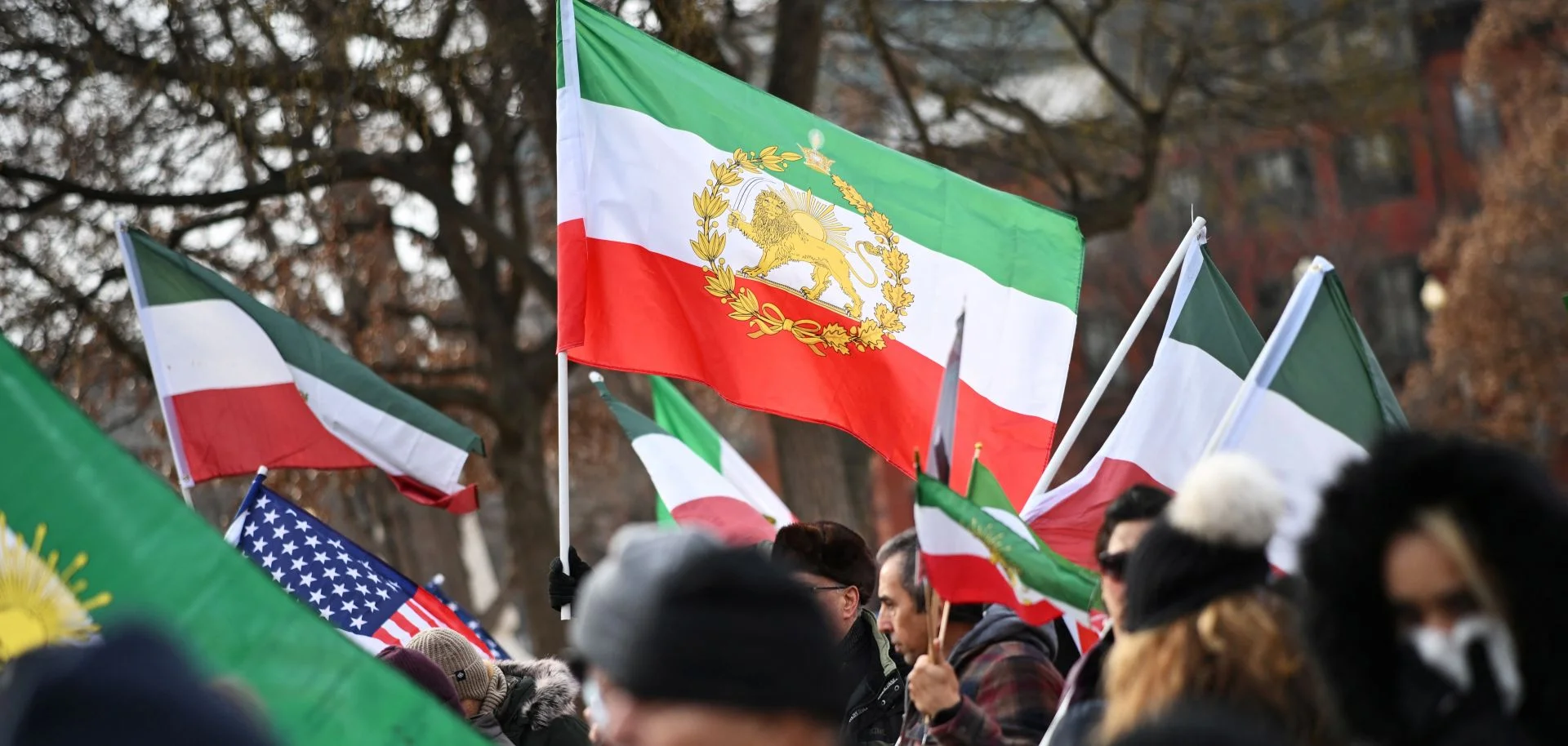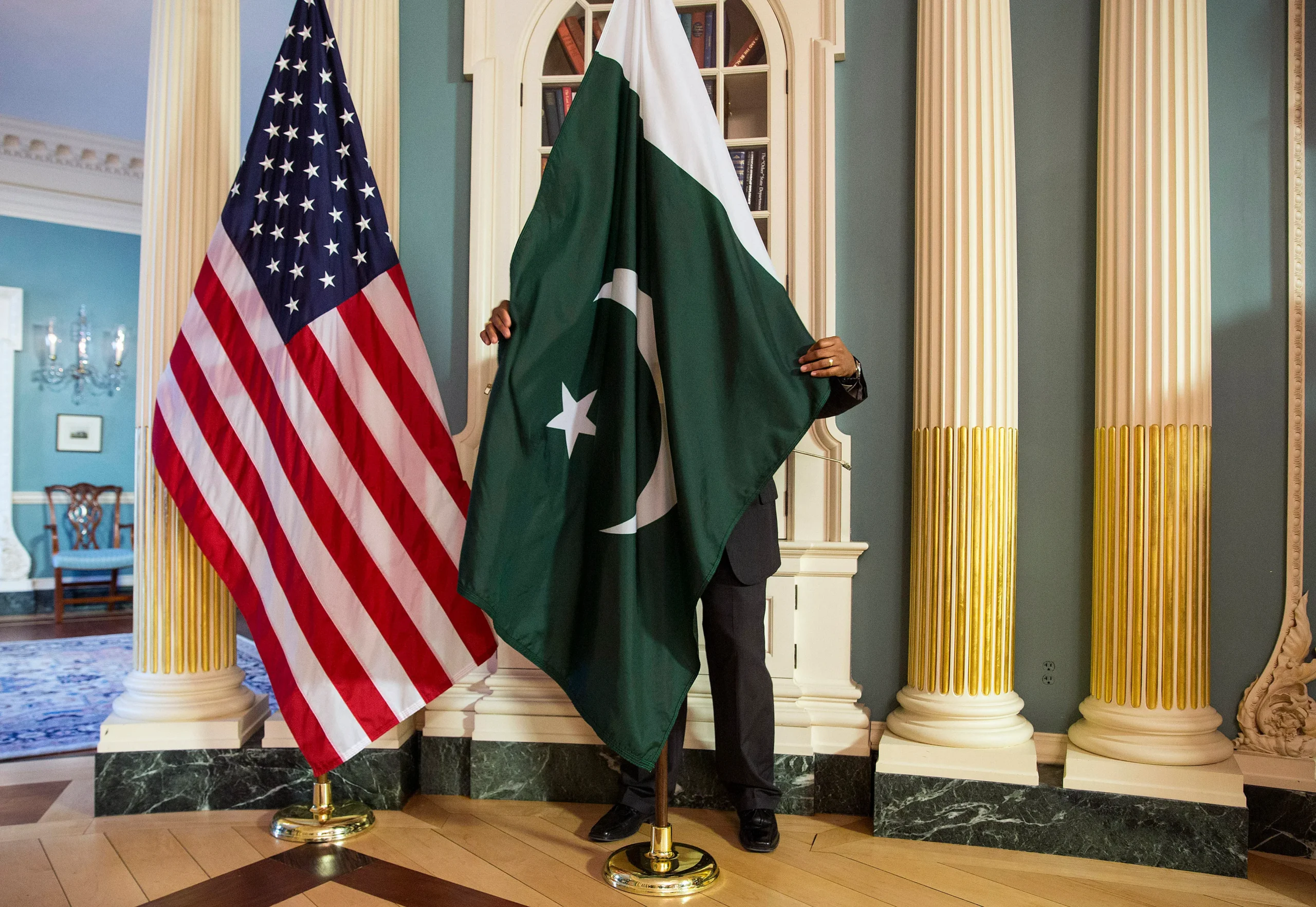Israel’s Prime Minister Benjamin Netanyahu said in a voice message on Sunday night that he and US President-elect Donald Trump have spoken on the phone three times in the past few days, highlighting the Netanyahu and Trump Alliance over shared concerns about Iran.
“In recent days, I have spoken three times with US President-elect Donald Trump. These were very good and important talks designed to further enhance the steadfast bond between Israel and the US.
“We see eye-to-eye on the Iranian threat in all its aspects, and on the dangers they reflect,” he said, emphasizing the alignment within the Netanyahu and Trump Alliance.
“We also see the great opportunities facing Israel, in the area of peace and its expansion, and in other areas,” he said.
Iran has vowed a “punishing” reprisal for unprecedented Israeli airstrikes against it on October 26, which Jerusalem said took out the Islamic Republic’s air defenses and missile production capabilities.
Israel’s strikes were in retaliation for Iran’s October 1 barrage of 200 ballistic missiles, which forced most of the country to take shelter and killed a Palestinian man in the West Bank.
Days earlier, Israel killed Hassan Nasrallah, the longtime head of Hezbollah. Israel also killed Ismail Haniyeh, the head of Hamas in Tehran.
Also See: Israel, Ukraine Respond to ‘Victory’ of Donald Trump
Trump will take control of the US in January and has a record of anti-Iran actions.
In his first term, Trump withdrew from the 2015 nuclear accord between Iran and Western powers and later re-imposed sanctions on Tehran.
He also ordered the killing of Iranian commander, Qasem Soleimani, who led the Iran Revolutionary Guard Corps’ foreign operations arm, the Quds Force.
The IRGC is a US-designated terrorist organization.
Trump and Netanyahu also worked closely together during the former’s presidency.
Last week, Netanyahu stated Trump’s victory was “history’s greatest comeback!”
In a message on X he wrote: “Dear Donald and Melania Trump, Congratulations on history’s greatest comeback!
“Your historic return to the White House offers a new beginning for America and a powerful recommitment to the great alliance between Israel and America.”
He went on to say that “this is a huge victory!”
Signing off he wrote: “In true friendship, yours, Benjamin and Sara Netanyahu.”
Israeli media has meanwhile reported that Trump has made it clear to Netanyahu that he wants the wars in Gaza and Lebanon to be wrapped up by his inauguration on January 20.
This news is sourced from Ariana News and is intended for informational purposes only.

![Netanyahu claims a strong alliance with Trump, asserting unified support on Iran policy and Middle East strategy challenges. [Image via Ariana News]](https://southasiatimes.org/wp-content/uploads/2024/11/MixCollage-11-Nov-2024-11-39-AM-3337.webp)




